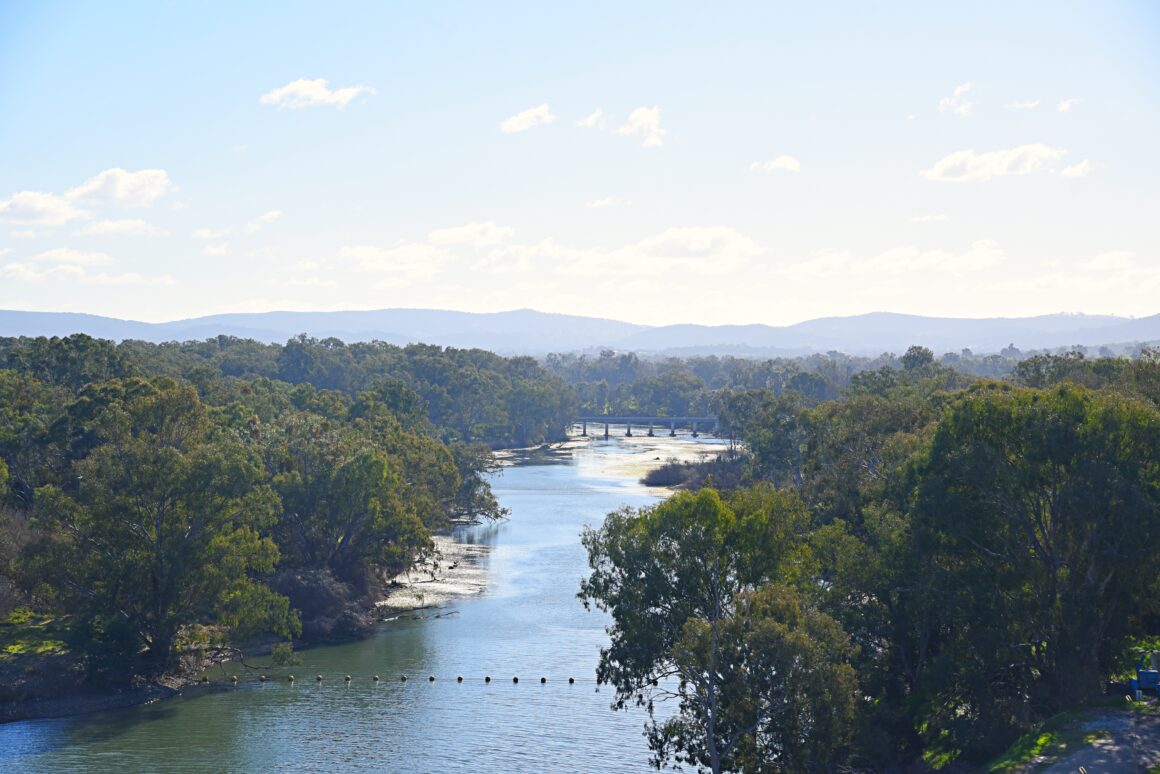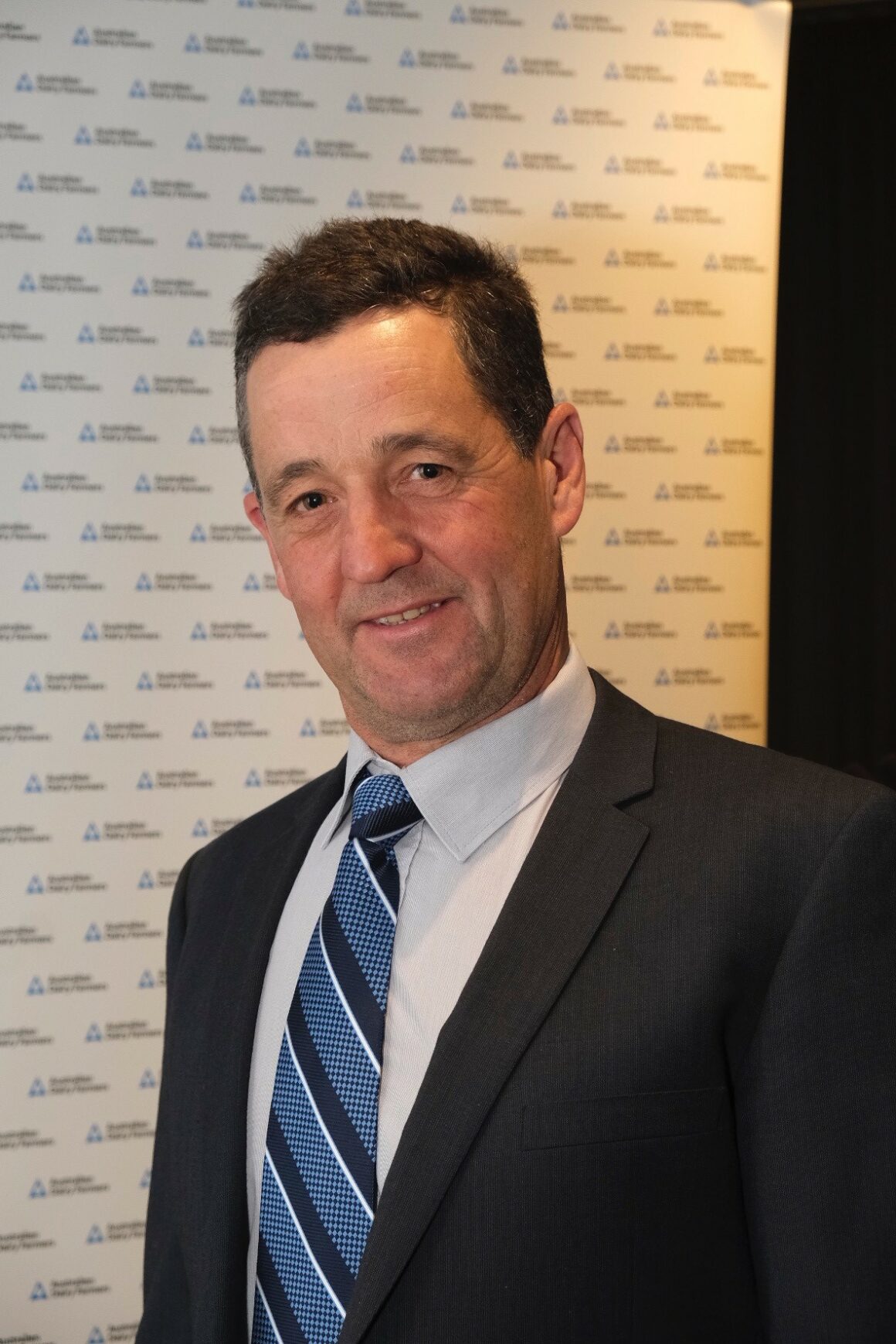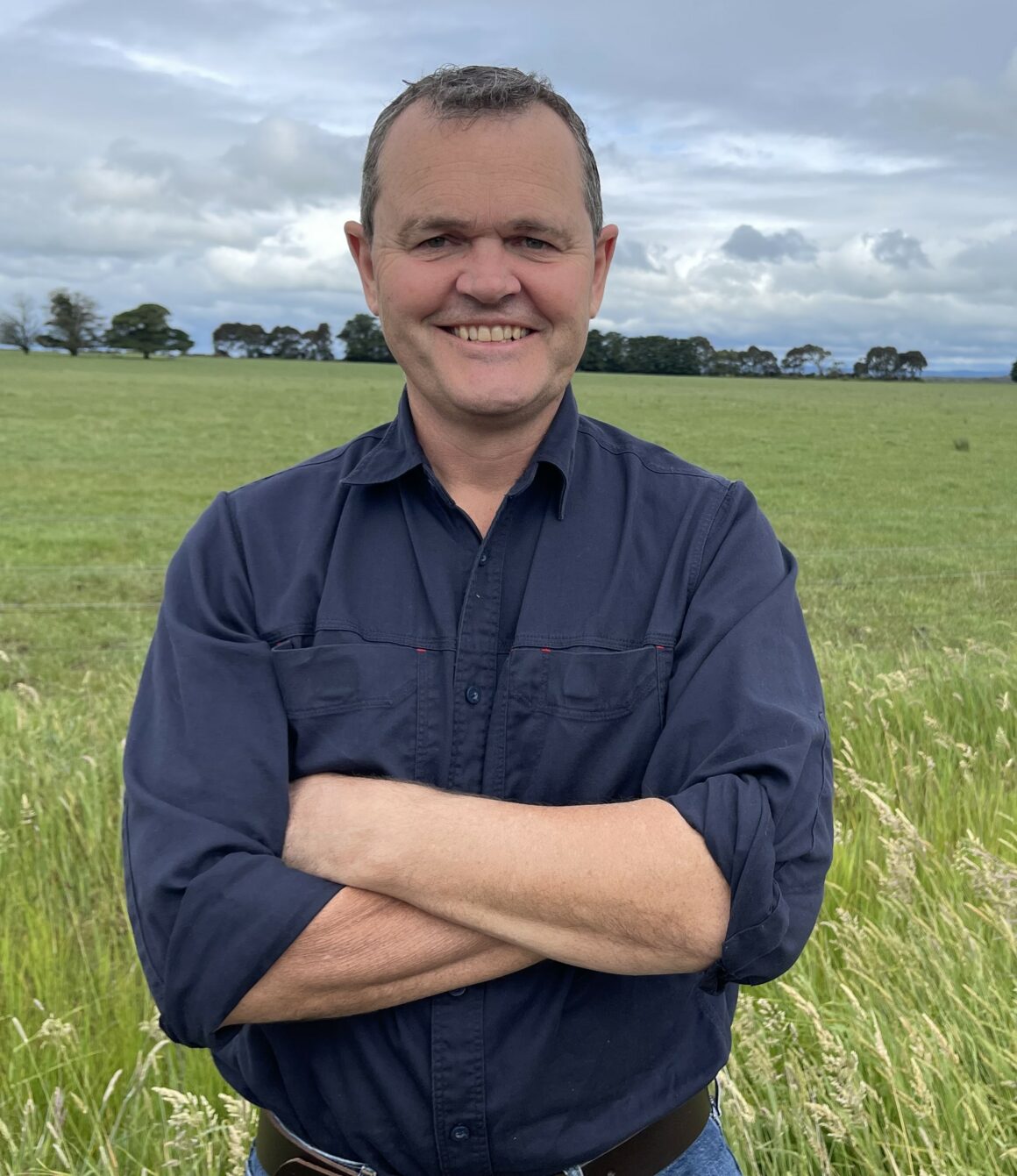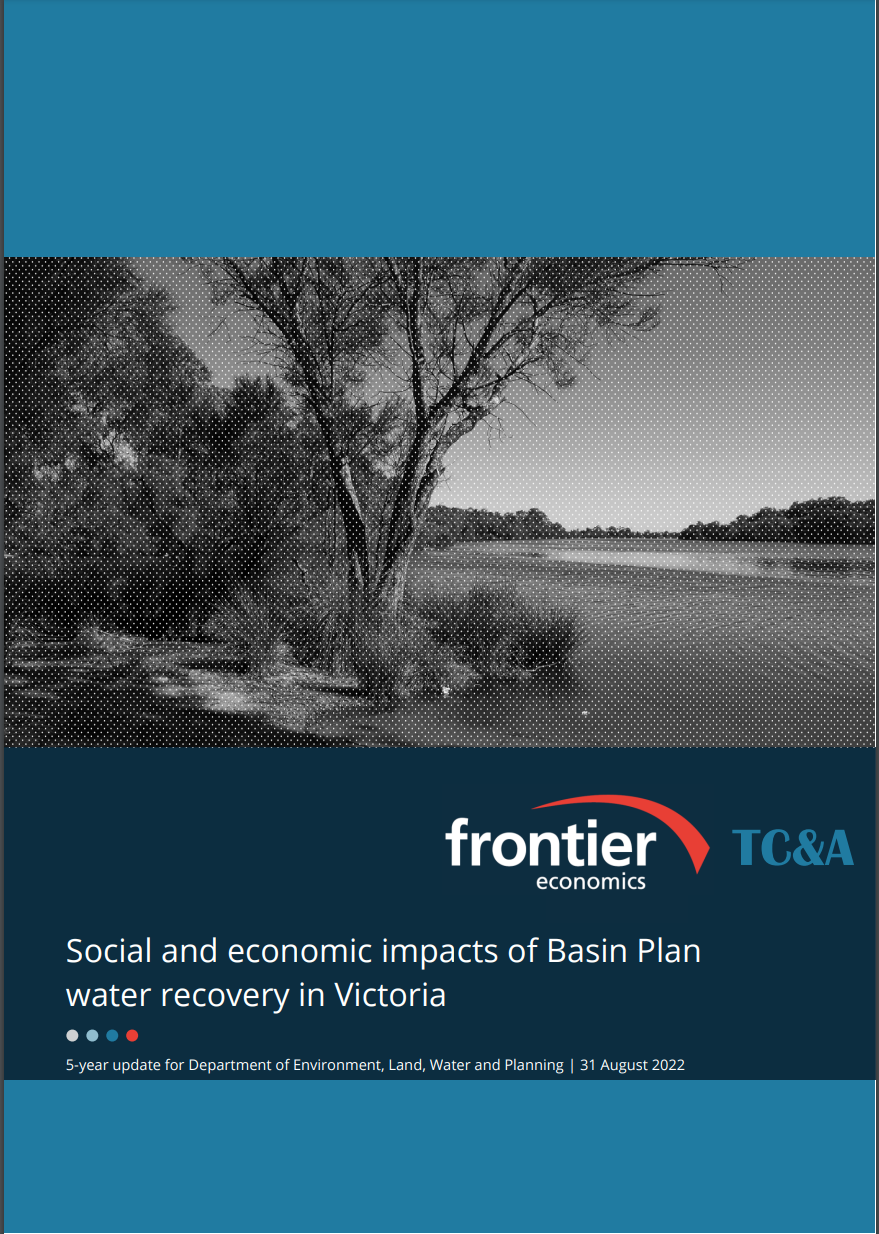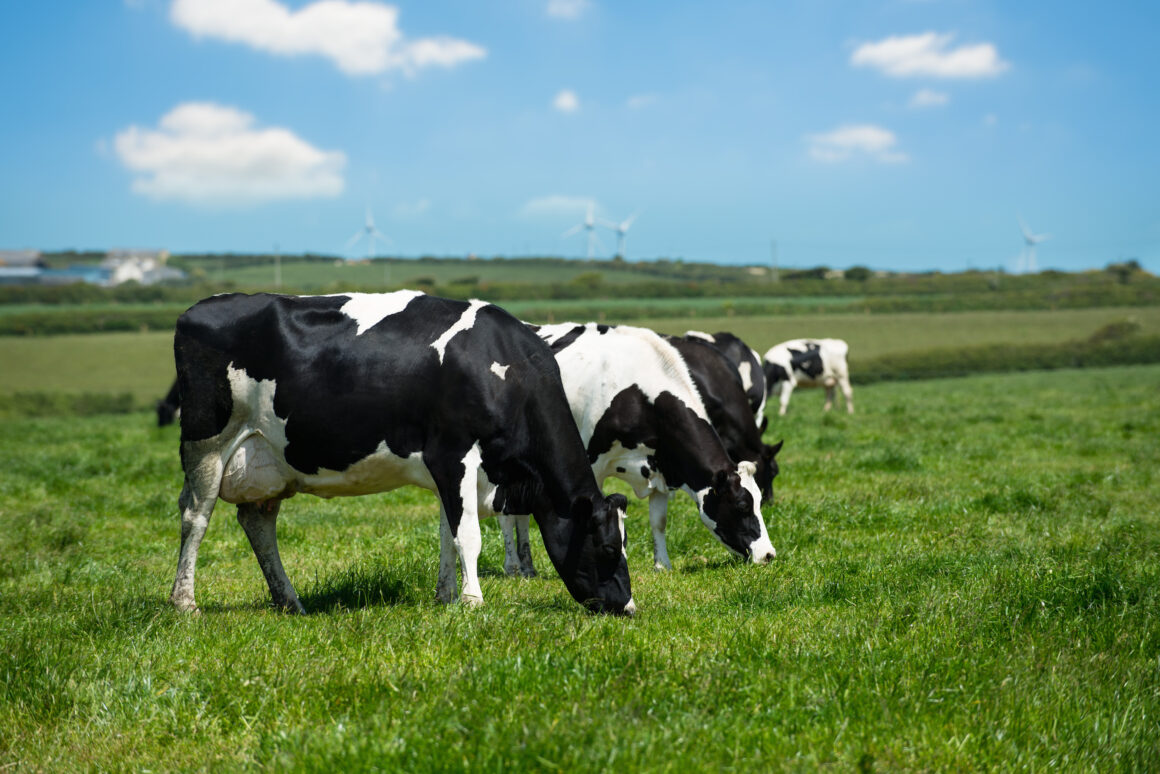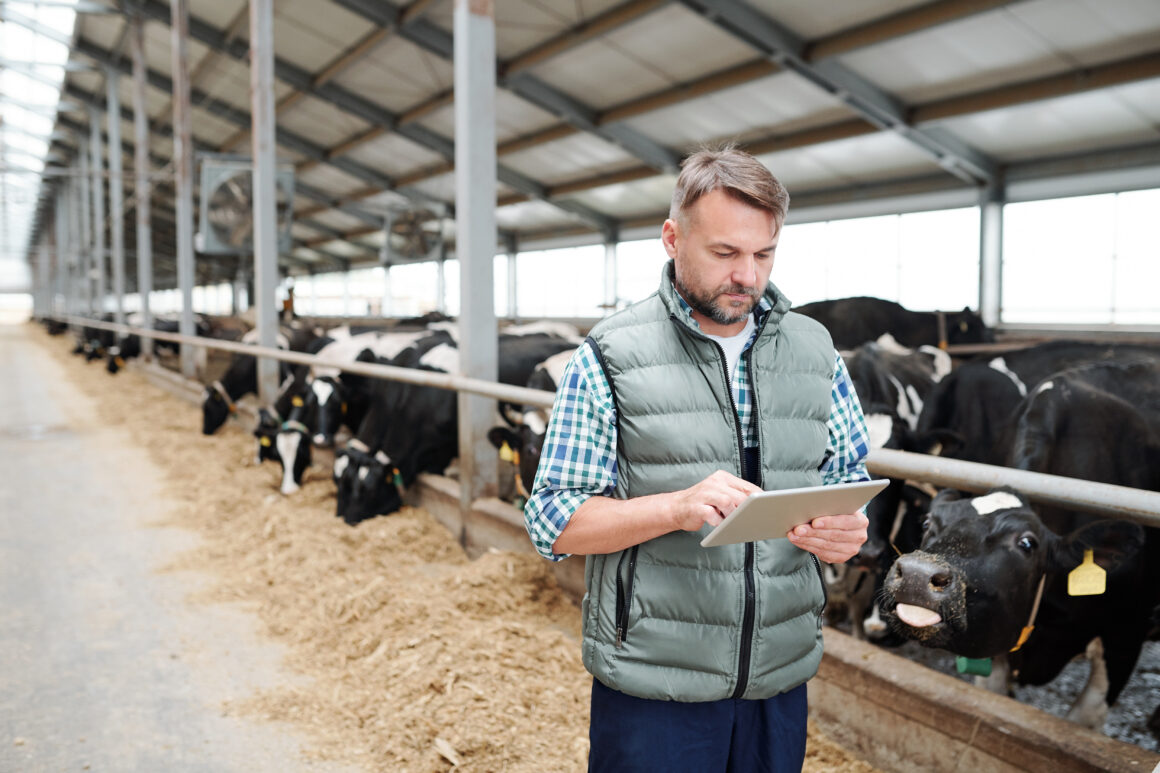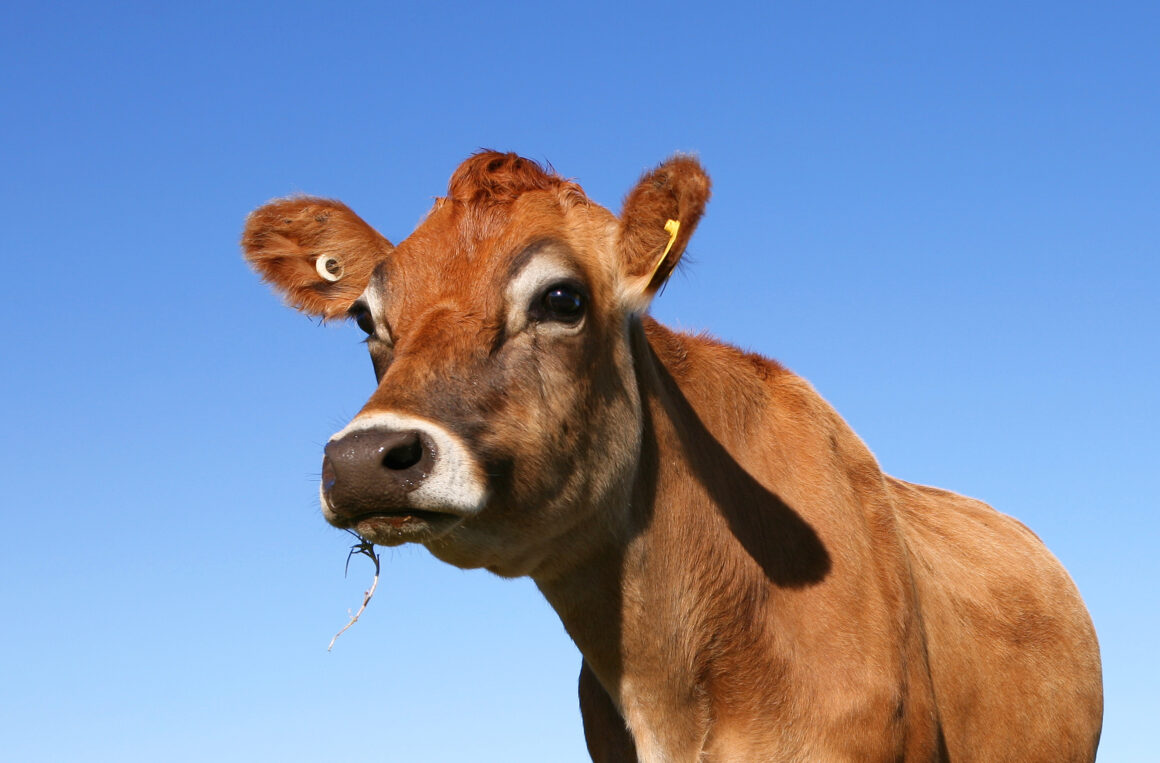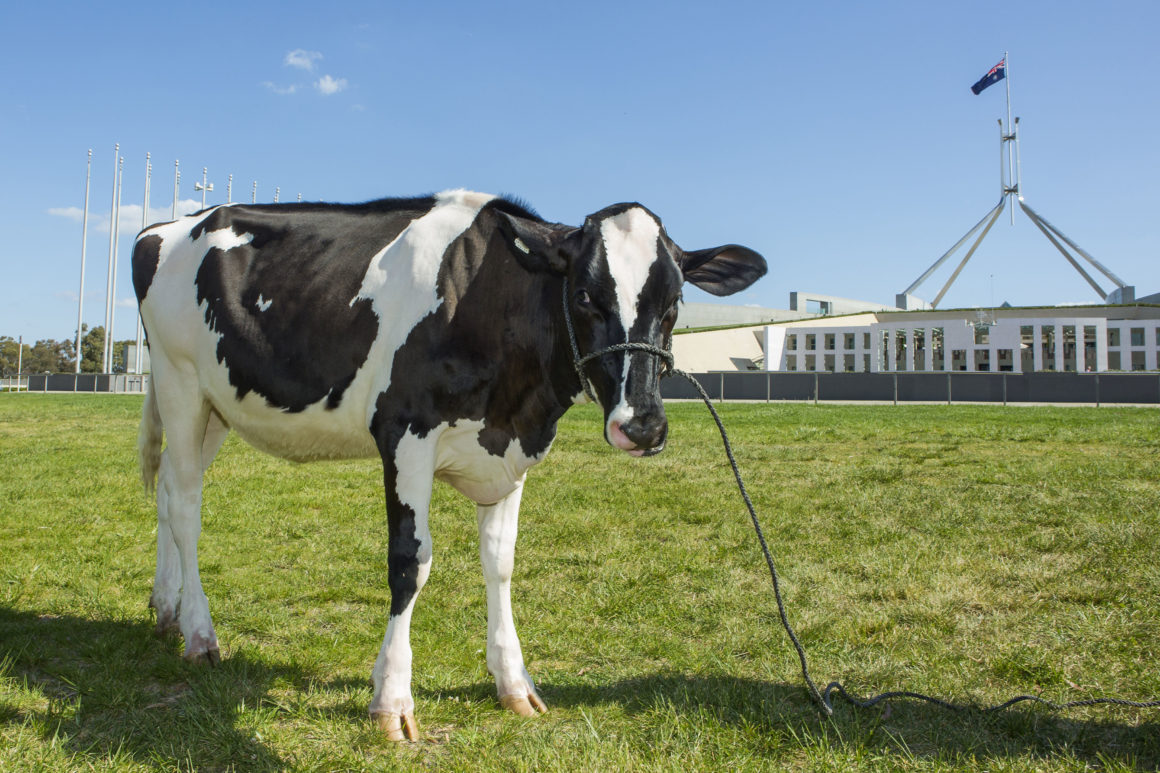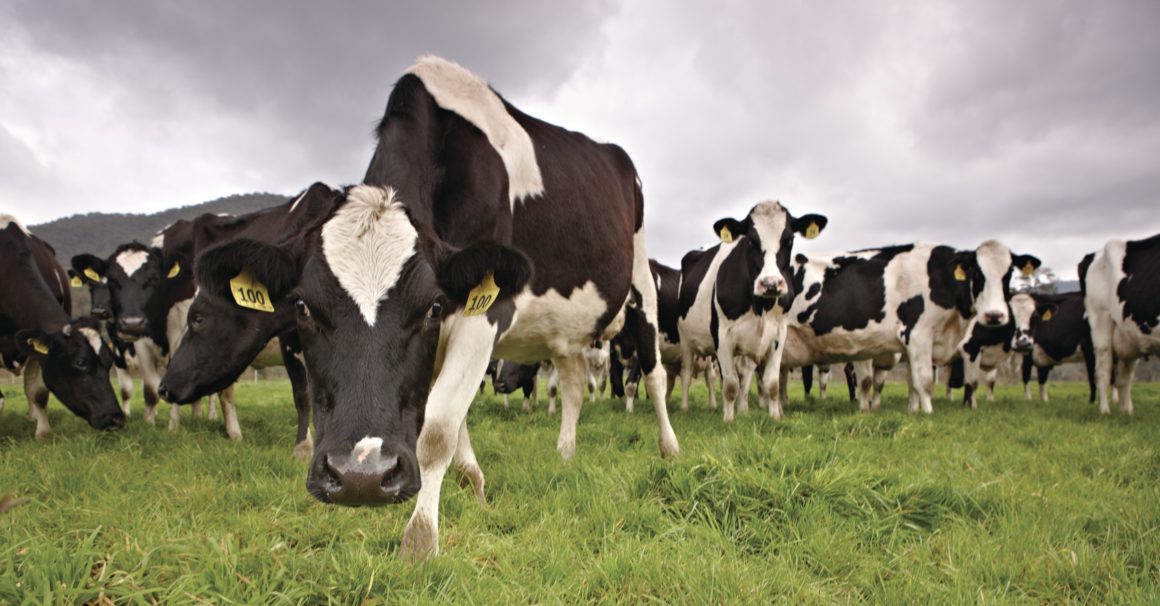AUSTRALIAN Dairy Farmers (ADF) is disappointed by the way the Federal Government recommenced water buybacks this week.
The government announced the buybacks on Wednesday (22 February) – just days out from a meeting of state and federal water ministers – without consulting those who are most affected.
ADF president Rick Gladigau says the move undermines transparency and stymies collaborative decision making on the Basin Plan.
“Dairy farmers have invested heavily to improve on-farm water use efficiency. It’s in farmers’ best interests to use water efficiently,” Mr Gladigau says.
“There are innovative projects which will enable more efficient use of water to achieve environmental outcomes, without the need to take more water from the consumptive pool.”
ADF is concerned that reducing the pool of water available to irrigators will affect the price and reliability of water, which in turn influences the viability of farms.
“Dairy farms in the Basin have already done the heavy lifting and paid the price with reduced milk production from the Murray dairy region and higher average water costs,” Mr Gladigau says.
“A further reduction in the consumptive pool will impact food security, not only on the eastern seaboard, but also to our international trading partners.
“Buybacks are not a targeted solution and create poor outcomes for rural communities. This announcement has created stress and uncertainty in irrigation dependent communities.”
Irrigated dairy in the Basin is a $1.67 billion industry that provides more than 8,400 jobs in regional communities.
“More than 2,100 gigalitres of water per year has already been recovered for the environment. This water has been put to good use with significant environmental gains having been made already. But a lack of focus on complementary environmental works across the Basin has in many cases hampered overall environmental improvements.
“When it comes to the environment, adding more water isn’t the only way to achieve better environmental outcomes. The dairy industry would like to work with government to develop innovative projects and use the most up-to-date science to improve environmental outcomes, rather than steadfastly focusing on the blunt instrument of a volumetric target of water for the Basin.”

